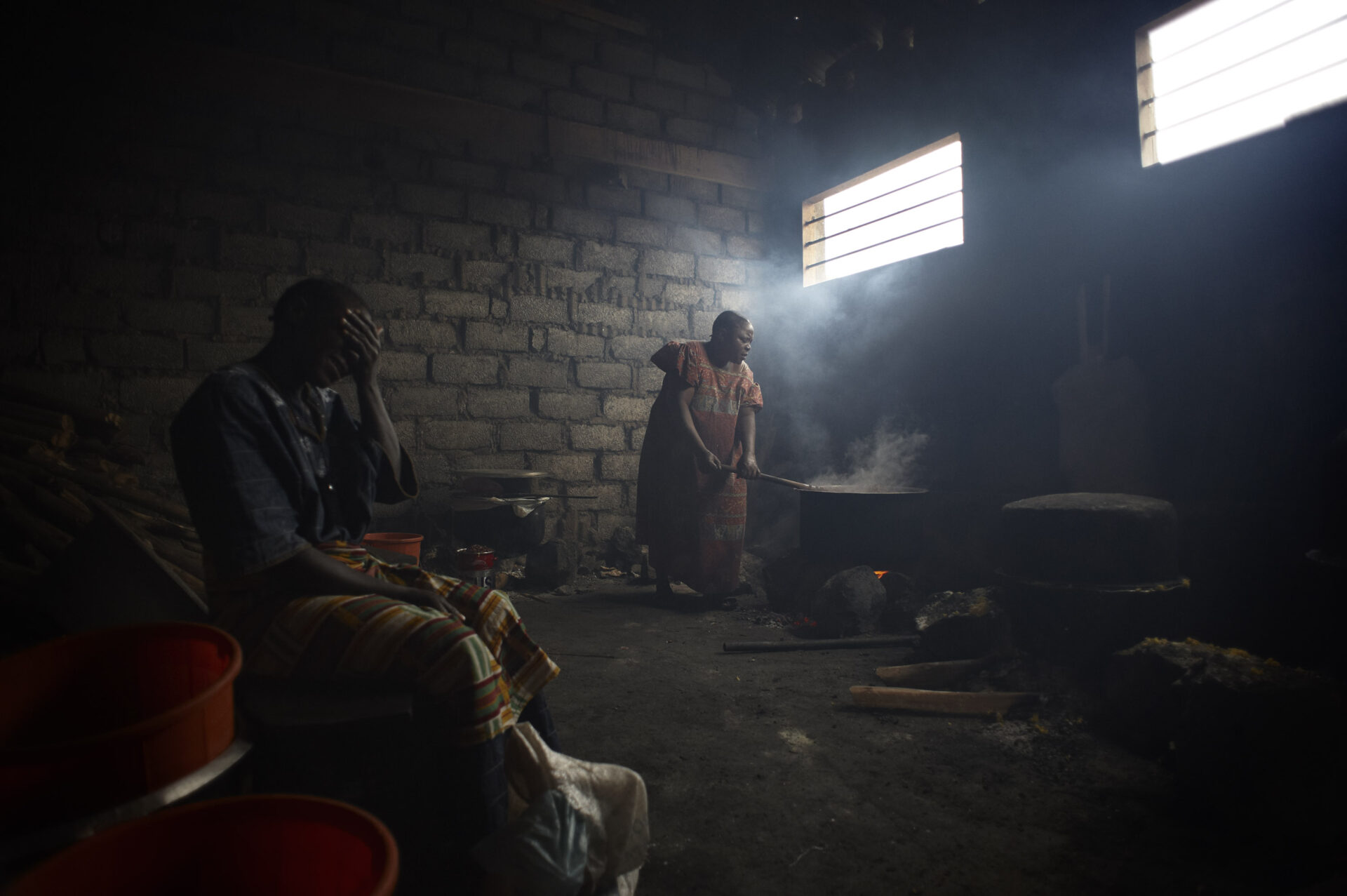
Addressing Sexual and Gender-Based Violence in the Democratic Republic of Congo
16 Days of Activism Blog Series
On November 25, 1960, agents of the Dominican Republic’s Trujillo dictatorship brutally murdered Patria, Minerva, and Teresa Mirabel, three activists fighting the cruelty and violence perpetrated by the regime.
In commemoration of their lives and work, the international community recognized November 25 as the International Day for the Elimination of Violence Against Women, marking the days until Human Rights Day (December 10) as the 16 Days of Activism Against Gender-Based Violence. Over 30 years later, the importance of the 16 Days remains undiminished as women and girls continue to experience sexual and gender-based violence (SGBV)—rates of which remain staggeringly high across the world.
The Case of DRC
The epidemic of SGBV remains an ongoing challenge in the eastern regions of the Democratic Republic of the Congo (DRC). Decades of civil war and internal displacement have contributed to an unprecedented number of SGBV cases, primarily affecting populations displaced by conflict. In September 2024, an estimated half a million individuals lived in internally displaced persons (IDP) camps in and around Goma, the capital of North Kivu, an eastern province.
Psychologists, nurses, and aid workers say around 80% of women living in these camps have been raped. Daily occurrences of rape and sexual violence, often by armed actors using them as terror tactics, make the forests around IDP camps dangerous for women who forage and collect firewood. Many survivors report being raped multiple times, as a lack of resources and income compels women and girls to return to the forests as the only hope of survival for themselves and their families.
Under these circumstances the work of local and women-led organizations, such as Women Power DRC, remains more critical than ever. Founded in 2019 by a group of young girls, Women Power DRC carries out advocacy activities promoting legal and social measures to advance the rights of women and girls as well as the restoration of peace in the country.
Women-led organizations in North Kivu generally, and in Goma specifically, play a crucial role in the fight against SGBV. They bring unique perspectives and approaches tailored to the needs of survivors, offering not only medical, psychological, and social support, but also legal accompaniment. Often deeply rooted and integrated within their communities, women-led organizations are some of the first responders to violence against women, raising community awareness about issues surrounding SGBV and advocating on behalf of victims with political authorities and organizations working to defend and promote women’s rights.
As part of the organization’s awareness raising activities, Women Power DRC conducted a February 2024 needs assessment in the Shabindu IDP camp in Goma, documenting the stories of sexual violence survivors in an advocacy booklet for local authorities and civil society organizations to help find appropriate solutions. Critically, Women Power DRC works closely with survivors of SGBV to identify income generation alternatives to foraging and firewood collection, increasing the purchasing power of women and girls while allowing them to avoid unnecessary forays into the forests.
More is Needed
Despite the work of Women Power DRC and other women-led organizations to support SGBV survivors, the protection and rights of women and girls merits increased focus and support from the international community. Just as the Mirabel sisters fought against the cruelty of the Trujillo regime, the global community must act to address SGBV in the DRC and around the world. To do so, the international community must:
- Promote education and community awareness activities to change harmful mindsets and dismantle dangerous stereotypes that fuel SGBV.
- Sensitize humanitarian workers and security forces to the rights and protection standards of women and displaced people in crisis zones.
- Establish and enforce policies and sanctions that deter and punish all forms of violence.
This 16 Days of Activism, women-led organizations and activists call on global leaders to come together and act now to end SGBV.
—
Note: The views in this blog are the authors’ own and do not necessarily reflect the views of InterAction nor the authors’ organizations.








